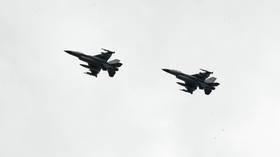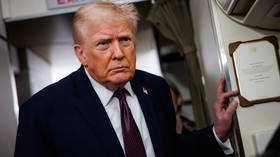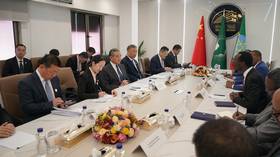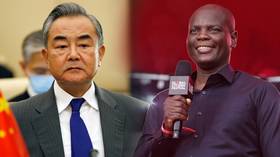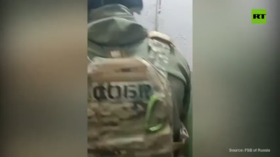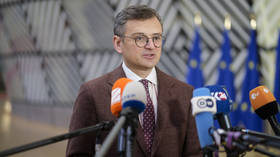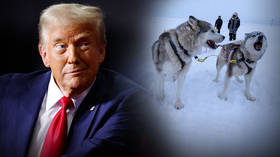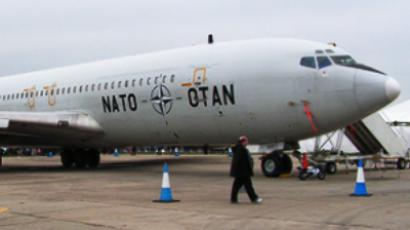US turns blind eye to Uzbekistan HR abuses
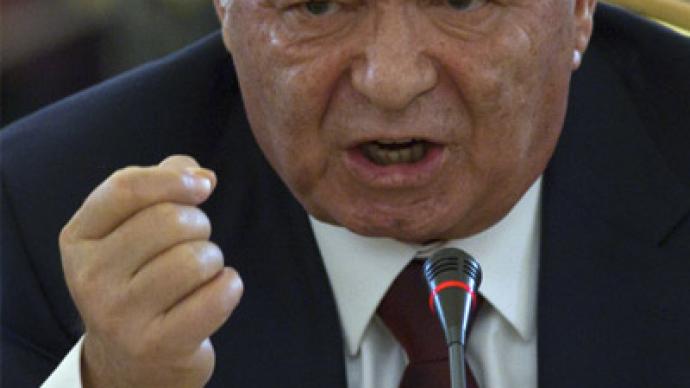
The last release of WikiLeaks diplomatic cables has shown that US special services continue to co-operate with Uzbekistan, despite acknowledging the violations of human rights that have taken place in this country since its foundation 20 years back.
The major concern of the special services is using the military bases on Uzbekistan’s territory to transfer supplies and equipment to Afghanistan through the so called North corridor – an alternative to highly unstable main route through Pakistan. The United States used to have a base in Uzbekistan’s Khanabad, but the Uzbek government stopped the lease after the US criticized the brutal clampdown on protesters in Andijan in 2005. This happened even though the United States opposed the European Union’s plans to introduce broad economic sanctions, according to WikiLeaks.Back then, the US Embassy in Tashkent warned the international community that the penalties against Islam Karimov’s regime would not do much and also sharply criticized the policies of international human rights organizations, including the Human Rights Watch, who blasted both the lack of civil freedoms in Uzbekistan and the long-established practice of state-sponsored child labor in cotton fields.“The main message we need to get across to international human rights organizations like HRW is that having the EU or the United States implement sanctions against the Uzbek government at this point would go a long way to worsen, not improve, the human rights situation in Uzbekistan. If sanctions are imposed on the government, the government will respond by breaking off or severely restricting contact with the West again, and the release of political prisoners and other recent improvements will come to a screeching halt,” the cable stated.Uzbekistan’s President Islam Karimov has ruled his country for even longer than it has existed. Uzbekistan marked the 20th anniversary of its foundation this month, but Karimov was in charge even before that as the First Secretary of the Communist Party of the Uzbek Soviet Socialist Republic, and also the head of the republican government. Karimov was elected president of Uzbekistan once this post was established, and has remained the nation’s leader since then through prolonging his term in office and through elections.Rights groups and international organizations note that Uzbekistan is one of the most repressive states in the Central Asian region and in the world as a whole. Karimov’s critics note widespread corruption, problems with freedom of speech and primarily law enforcers’ brutality and use of torture. The authorities justify the repressions by the fact that they are combating Muslim extremists and terrorists.The tensions in the country broke into an open conflict in 2005 when crowds of protesters stormed a prison in the town of Andijan to free a number of local businessmen who were accused of ties with a terrorist network. The government troops surrounded the captured prison and the nearby blocks of the town, and then launched a major offensive, killing hundreds of protesters. The official death toll stood at about 200, but other sources gave figures of up to 1,500 or even 5,000 dead. Rights organizations accused the Uzbek troops of shooting civilians and killing the wounded. The bodies were buried in mass graves.After facing criticism from the international rights community, Karimov ordered to close foreign NGOs in Uzbekistan. The regime also controls all domestic media and the access to foreign internet sites is blocked.At the same time the economic situation in the country continued to worsen. Though the official unemployment figures are low, tremendous numbers of Uzbek citizens go to work in foreign countries. Those who remain often say that the situation was better in the Soviet times, according to recent interviews with foreign media.Also, the serious concerns remain over the child labor in the Uzbek cotton industry as Uzbekistan is constantly blocking representatives of the International Labor Organization from monitoring the situation. In the latest scandal, the fashion show of Karimov’s daughter Gulnara was moved from New York’s Lincoln Center following media reports about her complicity in her father’s human rights violations, as well as the situation in the Uzbek cotton industry.


